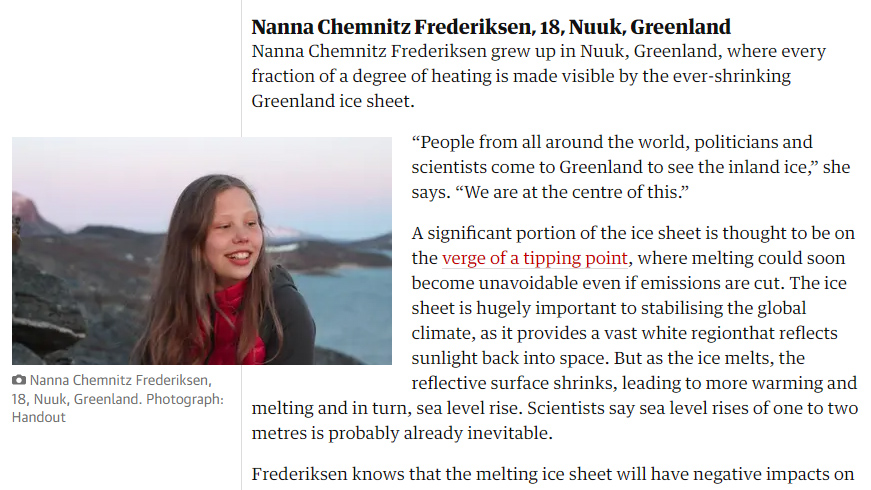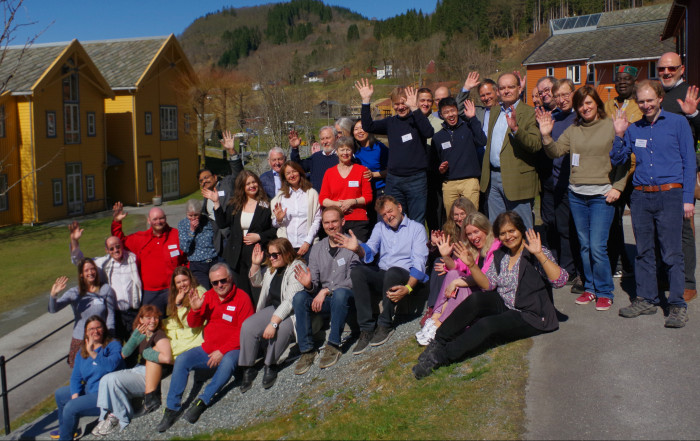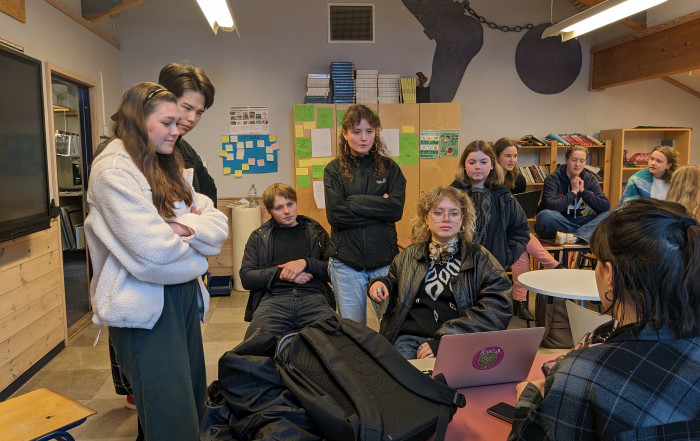“People from all around the world, politicians and scientists come to Greenland to see the inland ice,” she says. “We are at the centre of this.”
A significant portion of the ice sheet is thought to be on the verge of a tipping point, where melting could soon become unavoidable even if emissions are cut. The ice sheet is hugely important to stabilizing the global climate, as it provides a vast white region that reflects sunlight back into space. But as the ice melts, the reflective surface shrinks, leading to more warming and melting and in turn, sea level rise. Scientists say sea level rises of one to two metres is probably already inevitable.
Frederiksen knows that the melting ice sheet will have negative impacts on communities across Greenland, especially in northern settlements such as Qaanaaq where permafrost melting is destabilizing homes and roads and impacting how fishers and hunters operate.
But her real concern lies on the impact it will have globally. “I am not so scared of what the effects of the melting of ice in Greenland will be,” Frederiksen says, “It scares me what effect it can have for the rest of the world.”
Latest News
Council Meeting 2023: New Opportunities on the Horizon
Frants Bernstorff-Gyldensteen, Chair of the Council at UWC Red Cross Nordic, shared his thoughts on the Council Meeting that took place recently at the College. It was, as always fantastic to welcome our [...]
Annual Report 2023
We are delighted to announce that our Annual Report 2023 has been released and is now available for you to read. This report highlights our organization's accomplishments, milestones, and progress made over the [...]
Extended Essay in the IB Diploma: Balancing Challenges, Benefits, and a Community-Driven Approach at RCN
The Extended Essay is an independent research project completed by all RCN students as part of the IB Diploma Programme. For many students, it is the most challenging assignment that they will encounter [...]




